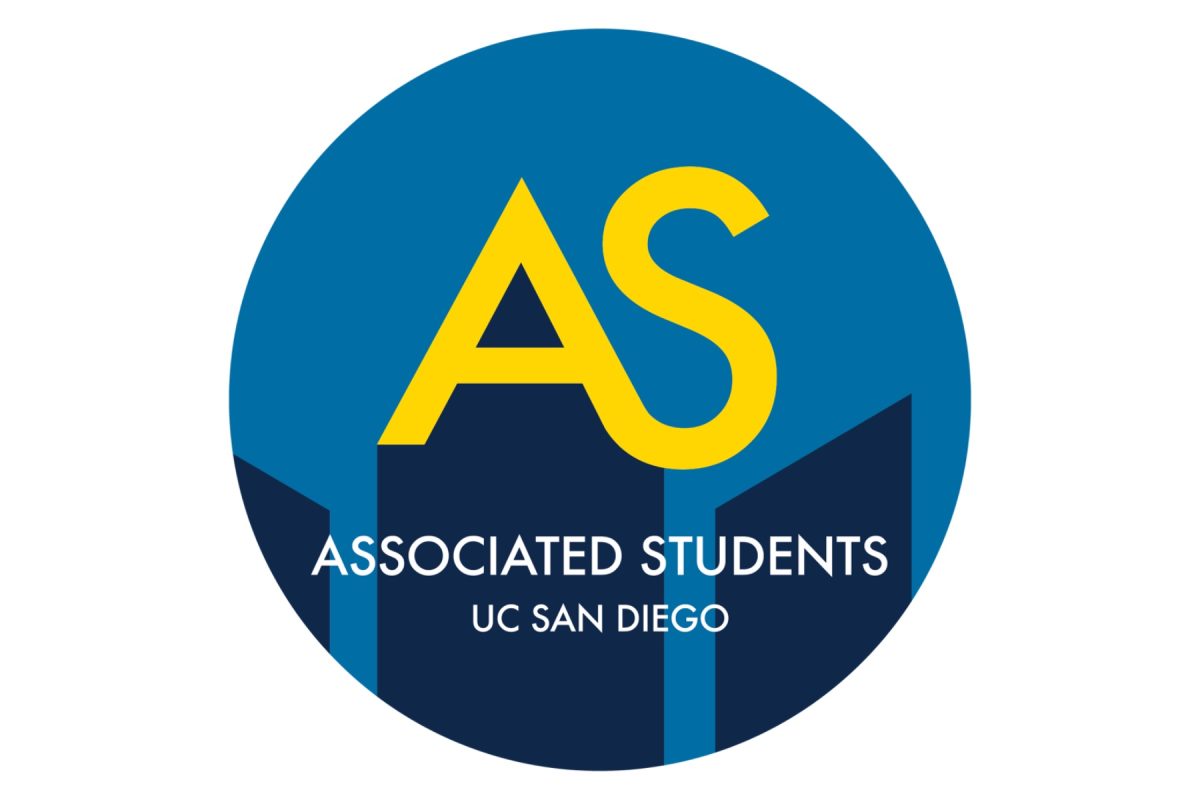The U.S. Department of Education ranked UCSD as one of 13 public universities in the nation that excels at enrolling and graduating low-income students, namely those who qualify for federal Pell Grants. According to the March 24 report, which is part of President Obama’s efforts to ensure that more Americans have the opportunity to get “a quality, affordable higher education,” these students make up at least 40 percent of the student population in each of the universities featured.
The rankings were based on the results of the 2011–2012 academic year in which 43 percent of those who enrolled in UCSD were Pell Grant recipients. Moreover, 84 percent of them graduated from the university within six years — compared to the 86 percent of all UCSD students who graduated in that length of time — and 71 percent of them earned salaries of at least $25,000 six years after enrolling. The annual net cost of attending the university for them was $9,279.
UCSD Communications Manager Christine Clark told the UCSD Guardian that she feels that some of the problems low-income students face at the university include working while attending classes.
“Many [low-income] students have the challenge of having to balance working while going to school along with a rigorous academic course load,” Clark said. “If a student is living at home or off campus to save money, commuting to campus may present hurdles both in terms of time management as well as the ability to engage and feel a part of the campus community. There also may be limited opportunities to participate in high-impact practices that foster retention and success due to limited discretionary funds.”
Clark immediately followed by saying that the university ensures that low-income students succeed by providing financial and academic services to low-income students.
“UC San Diego makes a concerted effort to enroll and improve outcomes for students with modest means,” Clark said. “That might mean providing financial aid, emergency loans [and] scholarships along with ensuring that academic advising, mentoring and counseling services are free of additional fees. Students should always ask if there are additional resources available before making a decision not to pursue these activities.”
Clark added that the Assistant Vice Chancellor of Student Retention and Success Jeffrey Orgera has been working with UCSD to reach out to underrepresented groups and develop ways to help them succeed academically.
“Orgera leads a team at UC San Diego that provides academic success services to several distinct student populations that includes historically underrepresented students, undocumented students, military-affiliated students, international students and others,” Clark said. “The team also is collaborating with the six colleges and other units on campus to develop more comprehensive academic support services for all students on campus regardless of their ability to pay.”
In addition to the Department of Education, other sources have praised UCSD for being affordable and accessible. The New York Times ranked UCSD fourth in its College Access Index, which measures schools by the quality of services they offer to students in need of financial aid. The Washington Monthly also named UCSD the best university, for the sixth consecutive year, at acting on behalf of the public interest in the areas of “research, service and social mobility.”








